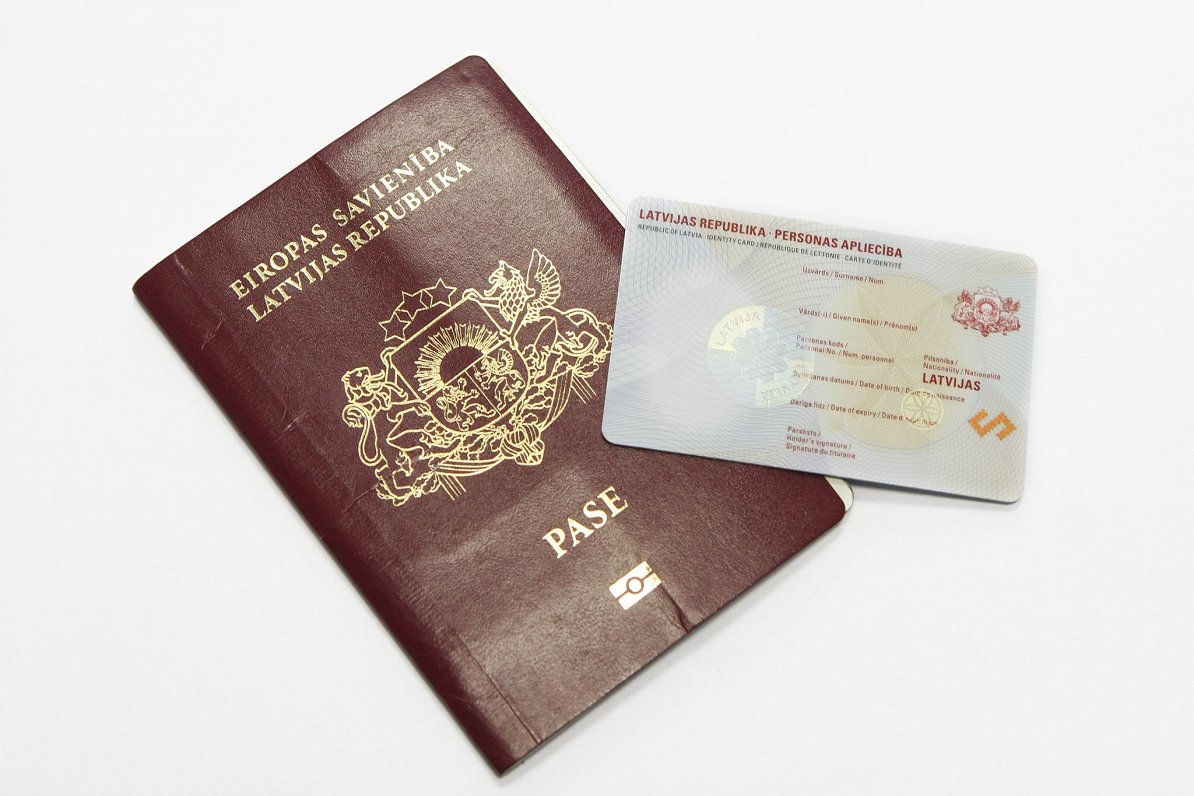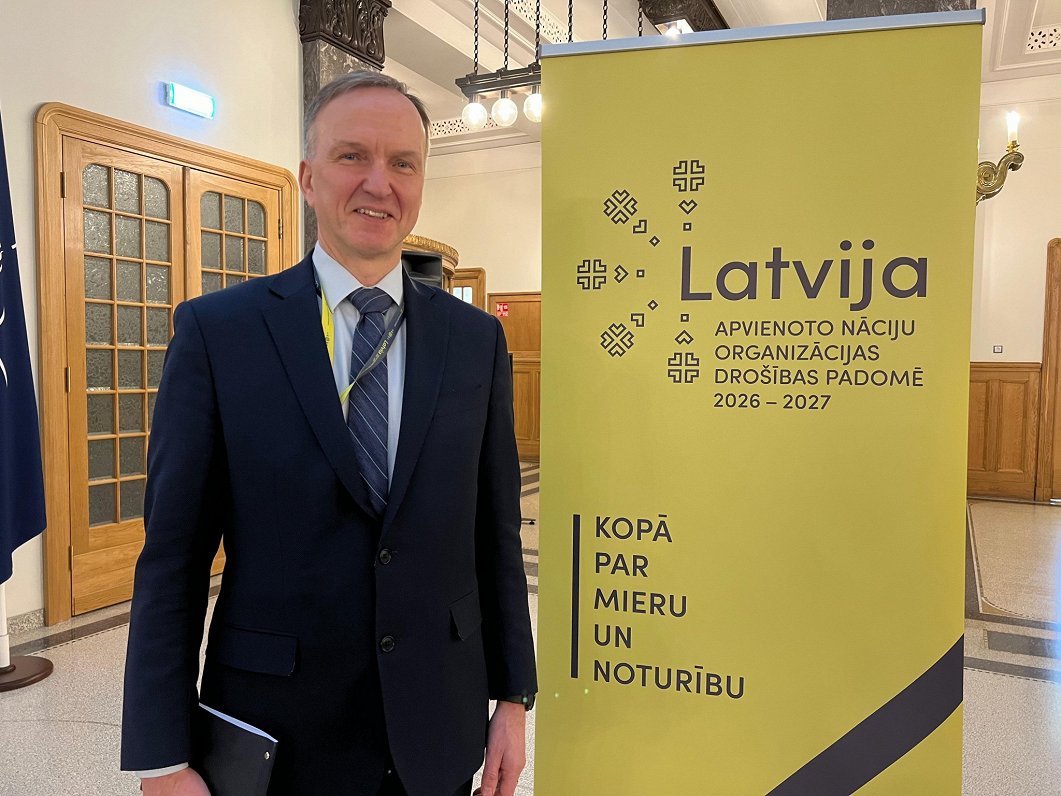The current system for issuing personal identification documents such as passports and eID cards is outdated, so a new one will be developed, including the introduction of partial self-service system, reports LSM’s Latvian language service April 22.
The planned cost of the new system is 10 million euros, of which 8.5 million euros will come from the European Union with the remainder from the state budget.
The Ministry of the Interior has indicated that the current state information system required for issuing personal identification documents (PIDs) is outdated, and the workstations used to issue PADs are also worn out. In most cases, these workstations cannot be upgraded.
In addition, the current e-service for applying for documents not offer self-service options.
“Both the PID registration process and other related processes may be delayed because individuals do not have access to a convenient, fast and secure electronic channel for reporting information to the Office of Citizenship and Migration Affairs (PMLP). As a result, updating information in the Information System of the Register of Natural Persons occurs with a time delay and receiving services may be delayed due to the absence of current information in the Register of Natural Persons,” the ministry pointed out.
To address these problems, it is planned to develop a new, modern and sustainable information system for issuing personal identification documents. Innovative solutions will also be introduced and a new e-service will be developed so that clients, when applying for a personal identification document, can pay the appropriate fee and make the application online.
A total of ten self-service such kiosks are also planned to be introduced, Interior Minister Rihards Kozlovskis (New Unity) said. The Minister of the Interior emphasized that a new system is urgently needed, otherwise the issuance of documents may be jeopardized.
However, changes to the current ‘outdated’ system will not be arriving immediately. The new system is planned to be developed by the end of 2029 and will then cost an estimated 1.2 million euros annually to maintain.
“Both the PID registration process and other related processes may be delayed because individuals do not have access to a convenient, fast and secure electronic channel for reporting information to the Office of Citizenship and Migration Affairs (PMLP). As a result, updating information in the Information System of the Register of Natural Persons occurs with a time delay and receiving services may be delayed due to the absence of current information in the Register of Natural Persons,” the ministry pointed out.







Be First to Comment